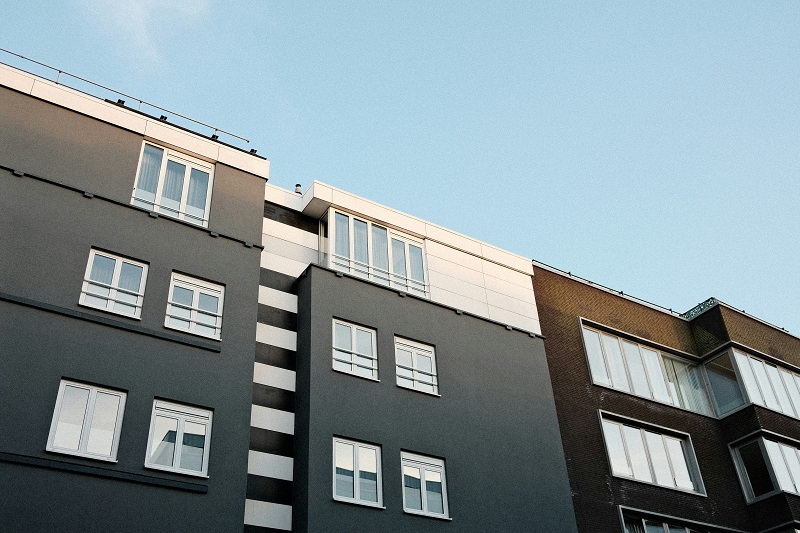Around 1 in 5 households across the UK are living in poorly insulated homes, according to research from the Building Services Research and Information Association (BSRIA).
The UK has the oldest and least efficient housing stock in Europe. BSRIA commissioned a study of 2,000 UK homeowners and tenants to investigate the factors holding back the energy efficiency of homes.
The research revealed that poor or inadequate insulation in walls, roofs, or floors is the primary challenge for 20% of homes, while a quarter (23%) of homeowners flagged drafty doors and windows as a concern. 22% identified a lack of smart heating controls as a key issue affecting energy efficiency.
Moreover, nearly a fifth (18%) said they were worried about poor ventilation in their home leading to condensation or mould.

Londoners are most likely to be battling over the thermostat setting with one in seven (14%) reporting this as a challenge compared to an average 8% of consumers across the UK.
Energy performance certificates (EPCs) have hit headlines in recent weeks following plans announced at the Labour Party Conference for all social housing in England to achieve an EPC rating of at least C by 2030. This is subject to a consultation, which is due to take place later this year, and intended to help lift tenants out of fuel poverty, as well as help the UK reach its climate goals.
Despite growing awareness, only a startling 6% of homeowners know the EPC rating of their property, according to the survey findings. Even more concerning, just 17% are aware of the diverse options available to boost their home’s energy efficiency, highlighting a significant knowledge gap as the UK aims for more sustainable living.
Only one in five people consider their home energy efficient, with over-55s most likely to stay warm this winter.
Tom Garrigan, Technical Director at BSRIA said: “EDF figures indicate that the average semi-detached homeowner could save up to £235 a year if they upgraded their cavity-wall insulation, £225 by having a well-insulated loft, or £315 a year if they updated their solid wall insulation. However, it’s clear from this research that, despite the energy crisis, little progress has been made in educating the British public on ways to improve the efficiency of their home, meaning millions are missing out on significant savings on their energy bills.”
According to the research, over half of British homeowners (55%) are unfamiliar with the term retrofit in relation to buildings. This involves taking steps to make homes more self-sufficient, through energy-efficiency measures like loft insulation, cavity wall insulation and double-glazing.
Lisa Ashworth, CEO at BSRIA said: “We spend around 90% of our time indoors in the UK. Improving the energy efficiency of homes is important to tackling fuel poverty and reducing emissions, but it’s also crucial for the long-term physical and mental wellbeing of the population. The health implications of poorly insulated homes are staggering, and we urgently need to improve our building stock to safeguard people and ensure that everyone has a warm and comfortable place to live.
“The drive toward retrofitting buildings, although not without its challenges, presents an opportunity to address longstanding quality issues in our homes, delivering quality and reducing carbon. It’s a win-win.”










